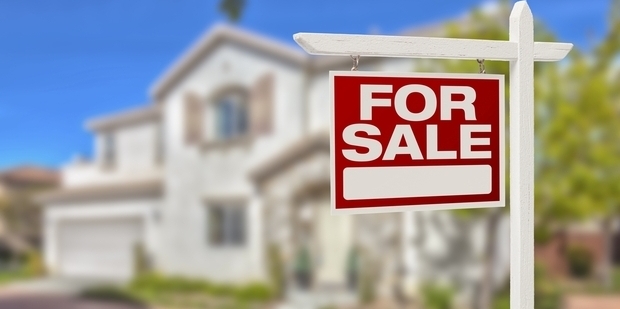Hamilton property prices skyrocket

Average Hamilton property values have posted a 21 per cent rise in the just released three-yearly council revaluations.
It’s a stark contrast from 2012, when house values recorded a mere 0.8 per cent average increase.
The figures confirm rises in every suburb, and come on the back of Auckland house hunters and investors priced out of their local market looking to buy more affordable properties further south.
Flagstaff/Rototuna/Harrowfield/Huntington area in the north of Hamilton kept the title for the highest rise, up 32.5 per cent, however that Glenview in the city’s south was a surprise second-place getter – up 31.4 per cent – with St Andrews in the city’s northwest third on 30.4 per cent.
Rotokauri/Peacocke/Flagstaff North were next on 28.5, followed by Melville – also in the city’s southwest – on 28.2 per cent, rounding out the top five.
Suburbs which performed the worst were the city’s CBD with an average 2.2 per cent rise, followed by Frankton on 18.6 per cent.
The average capital value of a Hamilton home is now $441,525, said Richard Allen, regional manager for QV, a 21.4 per cent average increase since 2012.
Mr Allen said the valuations were effective as of September 1, 2015.
Land values have also skyrocketed particularly in the blue-collar suburb of Glenview, in the south of the city, jumping 50.6 per cent, followed closely by Melville at 49.9 per cent.
However, Hamilton City Council chief operating officer Paul Conder said just because average property values had jumped, it did not necessarily mean an impending rates hike.
“The rating valuations are one part in determining how much total rates home owners will pay. The total rates revenue required is set each year through council’s annual planning process. This total is then divided across ratepayers based on a combination of factors, including the value of your property. The council can’t say what impact your new valuation will have on rates from July 1, 2016 until we know what the new rating requirement is.”
As for Melville, Mr Allen said the suburb had traditionally been a lower value area but there had been a flood of houses sold in the southern suburbs since July.
“If you have more residential land go onto the market then you’re going to get an increase in the total pie, so that’s part of it. But the reality is in terms of those increases, Melville and those areas in the southwest where property is coming from a lower base.
The valuations we produce are based on sales so if those sales are telling you everything’s going up then you must take that on board.
“Across the board, Hamilton over the last three or four months particularly has seen a quite sharp increase in the volume of sales. It probably started to tail off in October and November but through July, August, September the volume of sales in the city increased quite dramatically.”
Mr Allen said it was simply “supply and demand”.
“We’ve had an influx of buyers from Auckland and they talk about the halo effect and that demand has driven things across the whole city with the exception of maybe the CBD area and Frankton.”
Mr Conder said rating revaluation notices would be sent out to property owners on Tuesday.
Homeowners would then have 30 working days – until January 8 – to file an objection.
Depending on the number of appeals they may not be worked through until April or May.
